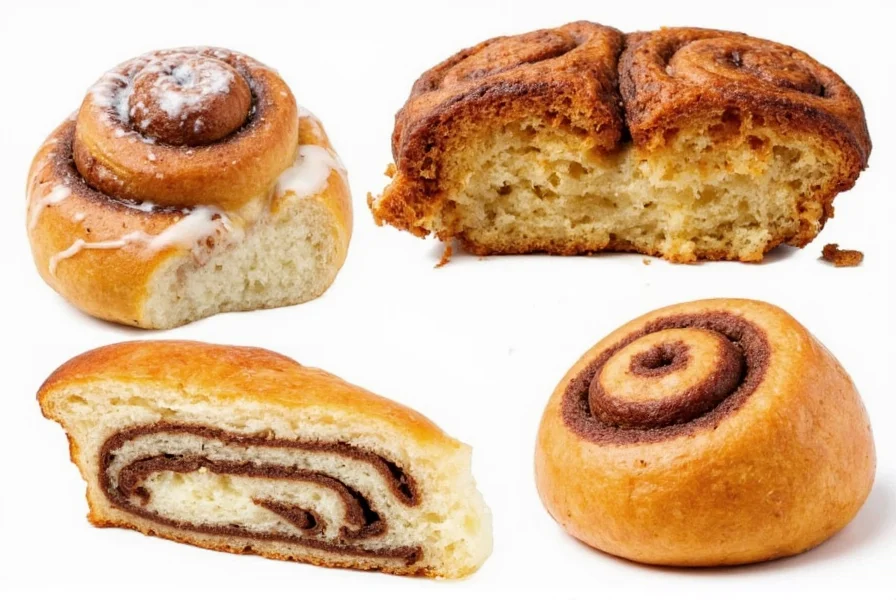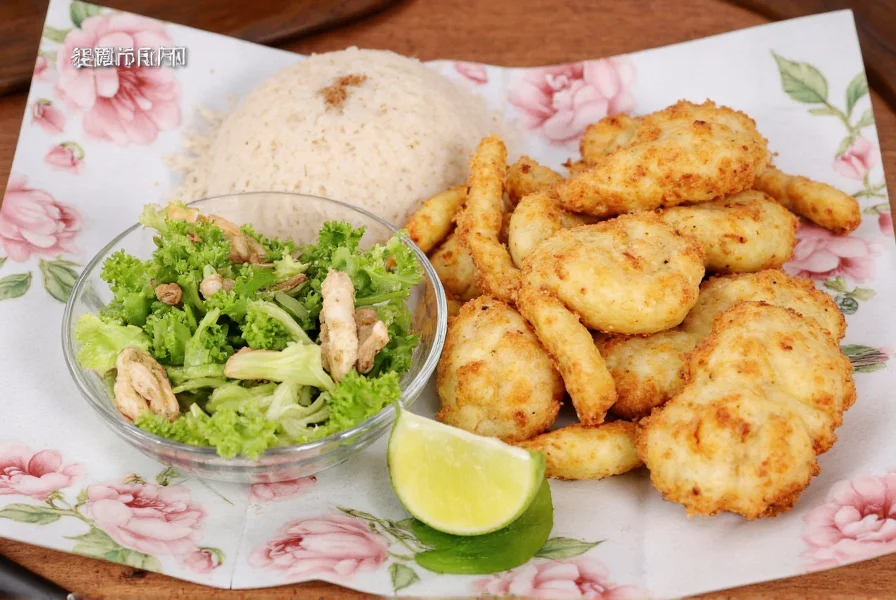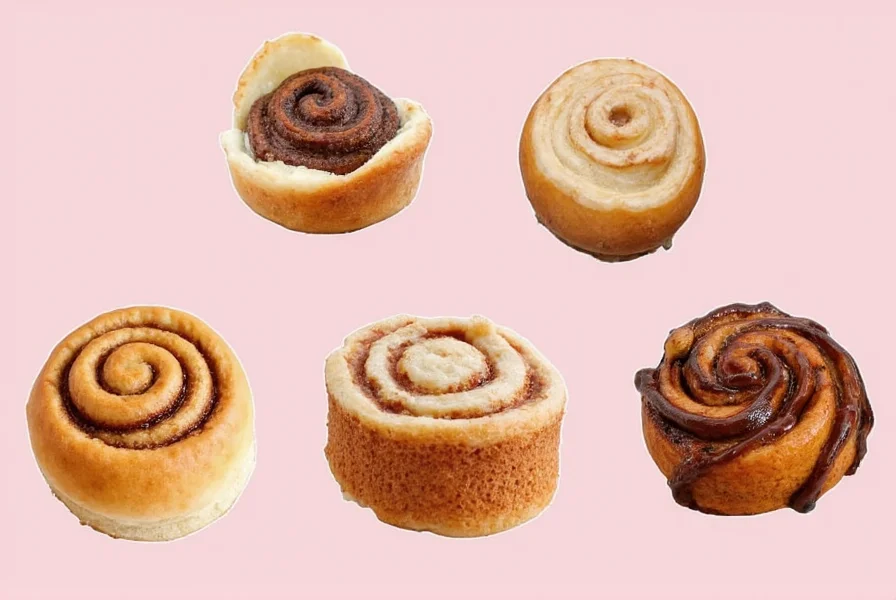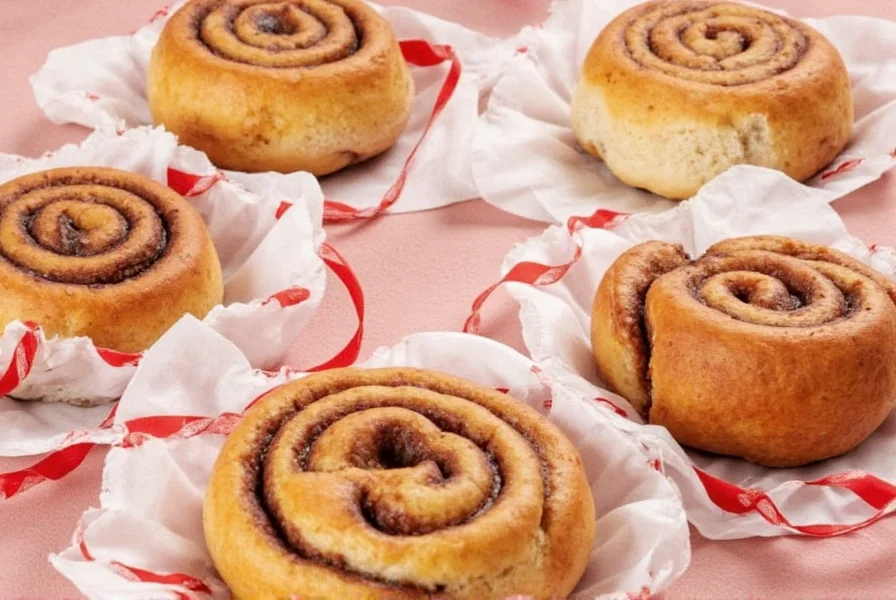Cinnamon Rolls Around the World: A Sweet Global Tour
Welcome, spice lovers and sweet treat enthusiasts! Today, we’re diving into one of the most beloved breakfast pastries with a twist — cinnamon rolls from different corners of the globe. From Swedish kanelbullar to American sticky buns and everything in between, each culture has its own spin on this warm, spiced delight.
In this article, you’ll discover the different types of cinnamon rolls, what makes them unique, how to bake them at home, and which ones are perfect for your next brunch gathering or cozy morning ritual. So grab a cup of coffee (or tea) and let’s roll!
Table of Contents
- Introduction to Cinnamon Rolls
- Top 5 Different Types of Cinnamon Rolls Around the World
- Comparison Table: Key Features of Each Type
- Pro Baking Tips for Perfect Cinnamon Rolls
- Buying Guide: What to Look for When Purchasing Cinnamon Rolls
- Conclusion: Which Cinnamon Roll Will You Try Next?
Introduction to Cinnamon Rolls
Cinnamon rolls are more than just a breakfast staple — they’re a cultural touchstone, blending tradition, technique, and flavor into every swirl. The foundation is usually a soft yeast dough rolled out thinly, slathered with buttery filling mixed with sugar and cinnamon, then coiled into that iconic spiral shape.
What sets different types of cinnamon rolls apart? It all comes down to ingredients, preparation method, regional flavors, and presentation. Some are gooey and rich; others are light and fragrant. Let’s explore five delicious variations from around the world!
Top 5 Different Types of Cinnamon Rolls Around the World
1. Swedish Kanelbullar

Originating from Sweden, these cinnamon buns are lighter and less sugary than their American counterparts. Made with cardamom-infused dough and a delicate cinnamon-sugar mixture, kanelbullar often include pearl sugar on top for a subtle crunch.
- Flavor Profile: Floral, aromatic, subtly sweet
- Best For: Afternoon fika (Swedish coffee break)
2. American Classic Cinnamon Roll

The quintessential U.S. version is large, fluffy, and dripping with cream cheese frosting. These rolls use a rich dough filled generously with butter, brown sugar, and lots of ground cinnamon.
- Flavor Profile: Rich, sweet, buttery
- Best For: Weekend indulgence, holidays, and brunches
3. Finnish Pulla

While not exactly a roll, pulla is a soft, braided sweet bread made with cardamom and sometimes studded with raisins. Often served during celebrations, it’s a cousin to the cinnamon roll but baked as a loaf or bun.
- Flavor Profile: Cardamom-forward, mildly sweet
- Best For: Family gatherings, festive occasions
4. German Zimtschnecken

These German cinnamon swirl buns feature a denser dough, a caramel-like layer inside, and a sweet glaze on top. Some recipes even include crushed nuts or raisins for texture.
- Flavor Profile: Dense, chewy, slightly nutty
- Best For: Coffee time or as a dessert
5. Mexican Concha

Technically a sweet bread roll, conchas have a crisp topping made from sugar, butter, and flour, molded into seashell-like ridges. While not traditional cinnamon rolls, many varieties infuse cinnamon into both the dough and topping.
- Flavor Profile: Crispy shell, soft interior, lightly spiced
- Best For: Breakfast or street food markets
Comparison Table: Key Features of Each Type
| Type | Country | Key Ingredients | Dough Texture | Filling/Coating | Serving Occasion |
|---|---|---|---|---|---|
| Swedish Kanelbullar | Sweden | Cardamom, milk, egg, butter | Light, airy | Cinnamon-sugar with pearl sugar topping | Fika time, cafes |
| American Classic | USA | Butter, brown sugar, cream cheese frosting | Soft, fluffy | Thick cinnamon-butter-sugar swirl | Brunch, holidays |
| Finnish Pulla | Finland | Cardamom, raisins (optional), milk | Soft, enriched | Light sugar coating | Family meals, festivals |
| German Zimtschnecken | Germany | Caramel layer, cinnamon, nuts (optional) | Dense, chewy | Sticky cinnamon caramel swirl | Afternoon tea, special treats |
| Mexican Concha | Mexico | Flour, butter, sugar, cinnamon | Soft, slightly crusty top | Seashell-shaped sugar topping | Morning markets, street vendors |
Pro Baking Tips for Perfect Cinnamon Rolls
If you're inspired to make any of these different types of cinnamon rolls at home, here are some insider tips to help ensure success:
- Use room-temperature butter for easier spreading and better flavor integration.
- Knead the dough thoroughly until smooth and elastic for that signature fluffiness.
- Don’t overfill the rolls — too much filling can cause them to burst open while baking.
- Roll tightly but gently to maintain structure and prevent gaps in the swirl.
- Let the dough rise properly — under-risen rolls will be dense and tough.
- Cut with dental floss for clean slices without squishing the rolls.
- Glaze immediately after baking so it melts beautifully into the surface.
Buying Guide: What to Look for When Purchasing Cinnamon Rolls
Whether you’re short on time or want to try a professionally crafted version, buying pre-made cinnamon rolls can be a great option. Here's how to choose wisely:
For Freshly Baked Rolls
- Check the ingredients list: Look for real butter, high-quality cinnamon, and minimal preservatives.
- Observe the appearance: Swirls should be tight and visible, and the frosting should look fresh (not melted or dried).
- Smell test: Good cinnamon rolls should smell warm, buttery, and inviting — not overly artificial.
- Ask about freshness: Ideally, they should be no more than a day old if not frozen.
For Frozen or Pre-Packaged Rolls
- Brand reputation: Stick to well-known brands like Rhodes, Trader Joe’s, or local artisan bakeries.
- Check for additives: Avoid unnecessary fillers, artificial flavors, and excessive sodium.
- Heating instructions: Make sure they come with clear directions for thawing and baking.
- Packaging integrity: No signs of freezer burn or torn wrapping.
Popular Product Spotlight
- Rhodes Cinnamon Rolls
- Features: Pre-rolled, frozen dough with icing packets
- Advantages: Easy to store and bake anytime
- Use Cases: Quick breakfast, potlucks, camping trips
- Target Audience: Busy families, amateur bakers
- Occasions: Weekends, holidays, school mornings
- King Arthur Flour Cinnamon Roll Kit
- Features: All-in-one baking kit with organic ingredients
- Advantages: High quality, customizable portions
- Use Cases: At-home baking experience, gifting
- Target Audience: Enthusiast bakers, culinary hobbyists
- Occasions: Holidays, dinner parties, DIY gifts
- Local Artisan Bakery Rolls
- Features: Handmade, locally sourced ingredients
- Advantages: Unique flavors, community support
- Use Cases: Gourmet brunch, gift baskets
- Target Audience: Foodies, local shoppers
- Occasions: Special events, date nights, office snacks
Conclusion: Which Cinnamon Roll Will You Try Next?
From Sweden’s floral kanelbullar to the decadent American classic and the crispy sweetness of Mexico’s concha, there’s a whole world of different types of cinnamon rolls waiting to be discovered. Whether you bake them yourself or enjoy one fresh from the bakery counter, each variety brings its own history and charm to the table.
So why not embark on a global cinnamon roll tasting journey? Start with your favorite type, then branch out to new regions — you might just find a new comfort food along the way.
Happy rolling, and may your mornings always smell of warm spices and sweet dreams!











 浙公网安备
33010002000092号
浙公网安备
33010002000092号 浙B2-20120091-4
浙B2-20120091-4